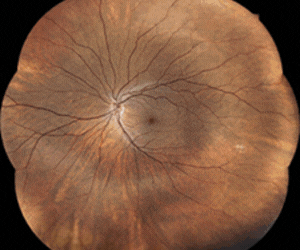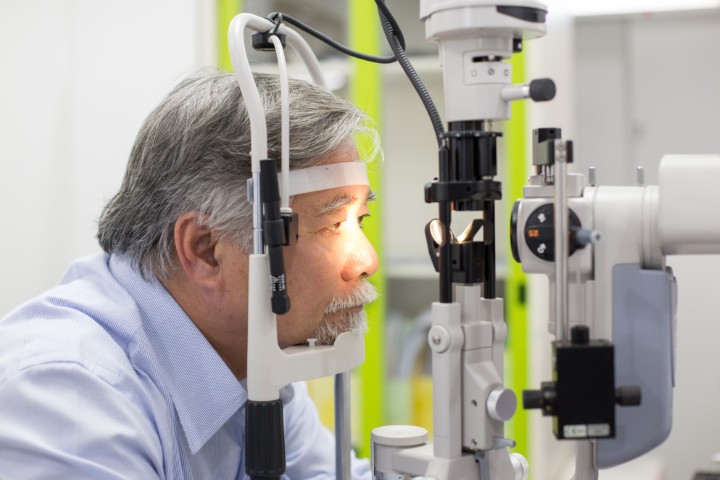Education, genes increase myopia risk
Researchers have uncovered five genetic variants which increase a person’s myopia risk the longer they stay in school.
The research, led by Professor Jeremy Guggenheim of Cardiff University’s School of Optometry and Vision Sciences, used genetic and health data from more than 340,000 participants with European ancestry. “Genetic studies have identified more than 450 variants associated with an increased risk of short-sightedness, but few have been shown to increase risk specifically in people with the associated lifestyle factors,” said Prof Guggenheim.
Published in PLOS Genetics, the study found five genetic variants progressively increased the risk of becoming short-sighted in those with a greater exposure to education – especially for people educated to university level. Three of the genetic variants were previously unknown, Prof Guggenheim said, adding two of these genes were found in studies of East Asian cohorts, where about 80% of children become short-sighted. In comparison, about 30% of children become myopic in the West. “These findings provide new insights into the biological mechanisms that cause short-sightedness, but more research is needed to understand how those mechanisms interact with lifestyle factors to cause the condition.”



























